2011 OECD Advisory Group Meeting
(2011. 3.28 ~ 30, Livingstone, Zambia)
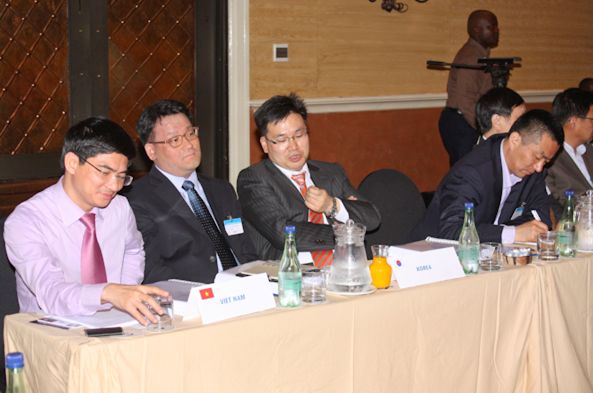
| □ Relevant officials from the Tax Programme, OECD Korea Policy Centre participated in the 2011 OECD Advisory Group Meeting for three days from March. 28 to 30, 2011. This meeting was hosted in Livingstone, Zambia organized by the Zambia Revenue Authority. |
| □ Directors and experts from the OECD, representatives from African international organizations and tax related organizations including the African Tax Administration Forum (ATAF), the Southern Africa Development Community (SADC) and the Centro Interamericano de Amdinistraciones Tributarias (CIAT) participated in the meeting. And relevant officials from the Tax Centers and representatives from the member countries also joined the seminar. |
| ㅇ Delegates from non-member countries who actively participate in the Global Relations Programme such as Malaysia and China also participated in the meeting. |
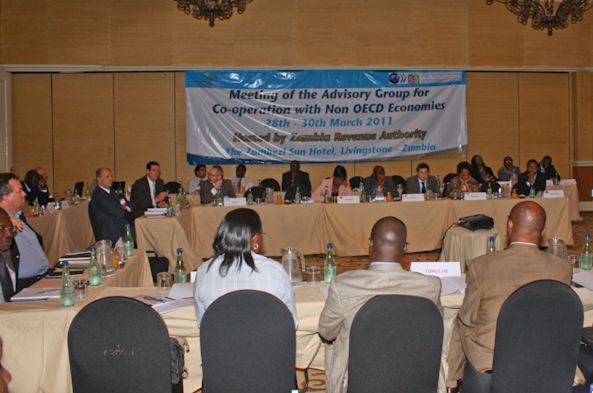
Main Contents
| □ The main contents which were discussed in the meeting are as follows: |
| ㅇ Report on the results of the 2010 Meeting together with follow-up evaluation and further details |
| ㅇ Annual Report on 2010/11 OECD Global Relations Programme |
| ㅇ IES Report (evaluation assessment by each programme and Center) and evaluation |
| ㅇ ATAF establishment and activities (NTS, South Africa) |
| ㅇ Expanding the scope of the SADC project and evaluation |
| ㅇ Report on ITD research results (Tax administration system in Sothern Sahara African countries) |
| ㅇ Report on evaluation of programmes by each Multilateral Tax Center |
| ㅇ Direction of the OECD Partnership Programme with non-member ecnomies |
| ㅇ Roles of the TF to develop “Tax and Development”, and “State-Building” |
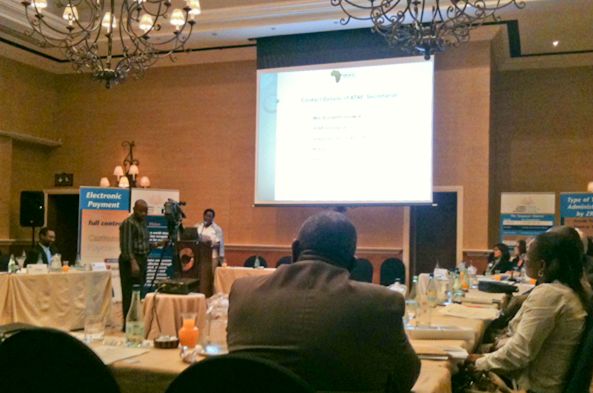
ㅇ Matter of adapting transfer pricing taxation with the help of the ATAF
-ATAF (African Tax Administration Forum) is an international organization with 10 member
countries which was established for promoting effective and efficient tax systems in
African countries
– It plans to hold a technical cooperation seminar in July, 2011 and many international
organizations including the OECD will join the seminar.
Report on the Outcomes of the Tax Programme
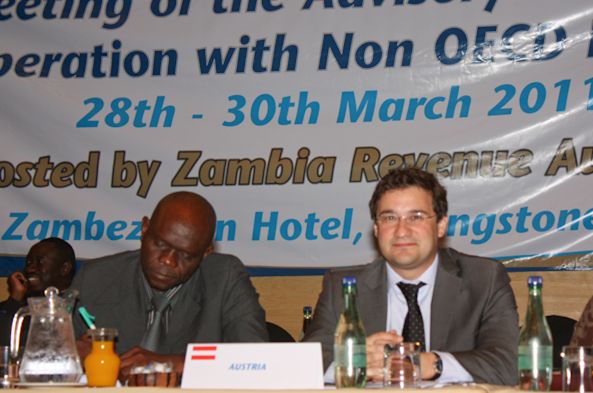
Report on the 2010 Global Relations Programmes of the Tax Programme
ㅇ Current states of the regular OECD Tax Seminars and OECD-ASEAN Tax Seminars
ㅇ Explaining backgrounds of a Bilateral Programme
– The Tax Programme expanded cooperation with developing countries in Asia and
started a Bilateral Programme with major Asian countries based on know-how
accumulated through multilateral programmes (OECD seminars participated by 25
countries).
– The Tax Programme expanded its Bilateral Programms with Mogolia and Vietnam starting
with the General Department of Taxation, Camboida in 2009.
– The Tax Programme provides an opportunity for local tax officials to learn about general
theory of international taxation and advanced tax policies including Korean tax policies.
– After 2011, the Tax Programme plans to expand a target country of a bilateral
programme with countries in Central Asia and the Pacific.
Report on the Future Plans
– Introduction of Plan and Direction of 2011 Bilateral Programmes
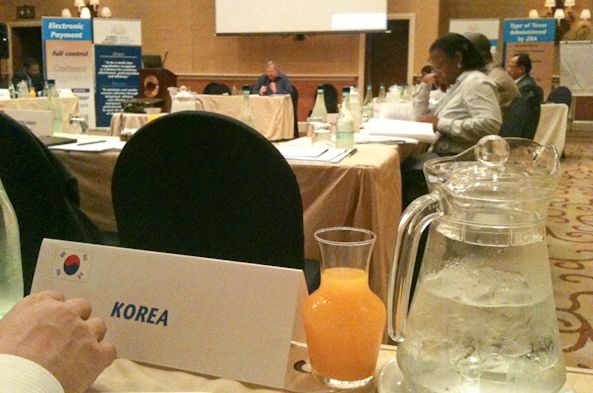
Taking Part in Major Sessions and Making Comments
ㅇ Process of deciding an order of priority towards the demands by non-member economies
within the region
– Evaluation on political and economical influences within the region
– Importance of economic ties with Korea and Korean companies expanding businesses
abroad
ㅇ Selection of a seminar subject considering a level of economic development and tax
systems within the region and importance of expanding a customized training programme
ㅇ Carrying out a Program for participants to experience Korean culture and history
ㅇ Establishing a Network with seminar participants and playing a role of communication
channel
ㅇ Main Comments
– Advice on the economical development in Africa
– Korea’s economic development in 1960 ~70 can be a good example to African countries
– Proposed an economic goal through five year Economic Development Plan and input of
nationwide capacities
– Adoption of value added tax from 1970, securing revenues and maintaining sound fiscal
management → investment in infrastructures such as basic industries, roads and ports
→ Expansion of exports

